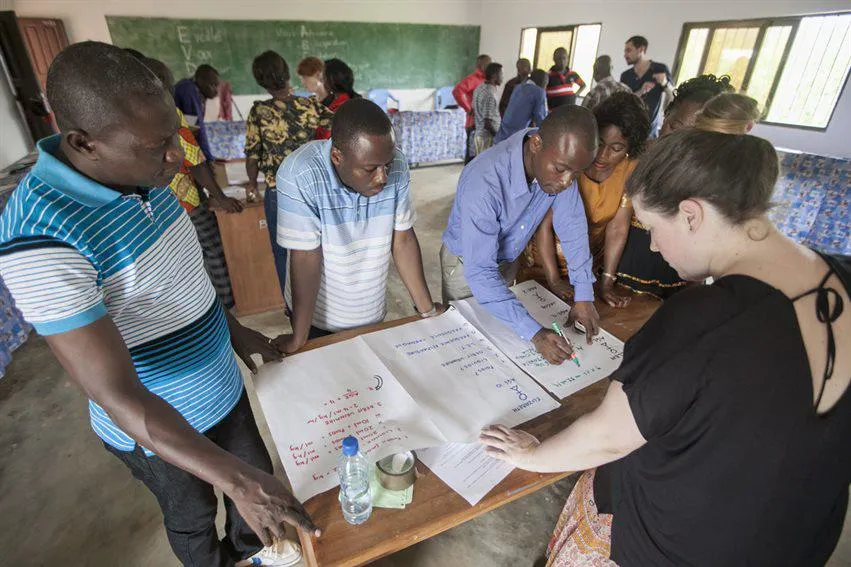Trauma Research
Interventions to strengthen the health system as a whole, and individual patient care, must be underpinned by a strong evidence base. Through teaching and developing the research capacity of medical students, clinicians and higher education institutions, we support our partners to build the evidence base for effective solutions to the challenges of treating trauma patients in low-resource settings.

The following research projects are ongoing:
- Anaesthesia considerations for trauma patients in LMICs: DRC case report
- The treating of an open lower limb fracture in sub-Saharan Africa
- Impact of primary care trauma training in Kongo Central Province in the Democratic Republic of Congo
- Capacity assessment for essential surgical and anaesthesia services in a provincial hospital in the Democratic Republic of the Congo: the WHO Situational Analysis Tool to Assess emergency and essential Surgical care in practice
- Report on the introduction of a trauma registry at Kinkanda Provincial Reference Hospital: Challenges and opportunities
- Epidemiology of trauma at Kongo Central: Results of a trauma registry
Impact
CASE STUDIES
Kongo Central Research Conference
In 2018, the first research conference was held in Kongo Central, supported by the Ministère Provincial de la Santé, the Division Provincial de la Santé and the Médecin Inspecteur Provincial de la Santé. The theme for the conference was trauma in the DRC and work related to this was presented by doctors and nurses from the province. Breakout groups discussed ethical principles of research plans and strategy to develop research capacity in the province.
Research Training
The first research training was run by UK volunteers at the Université Joseph Kasa Vubu in February 2016. This was followed by a research methodology summer school in August 2018, covering ethics, statistics, research questions and how to read a research paper.
A research group was then created at the Hôpital Provincial de Référence de Kinkanda (HPRK) in Matadi, and a training course (Module 1 Research Methodology) was run at the HPRK and at the Université Joseph Kasa Vubu to support their research groups.

